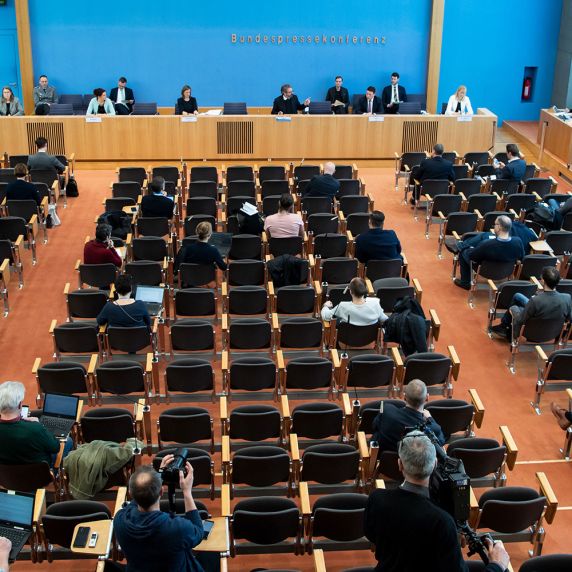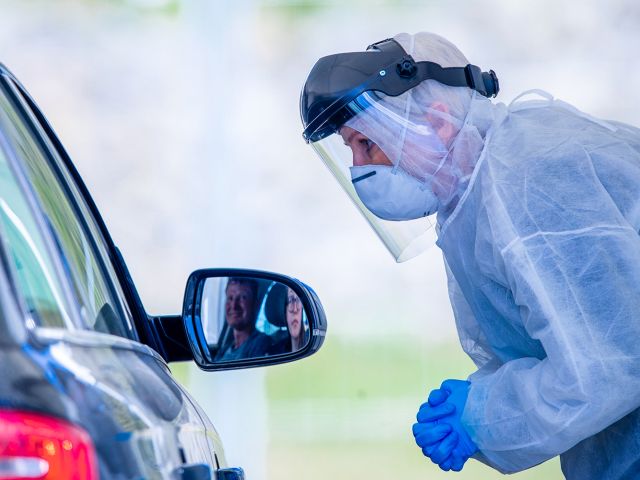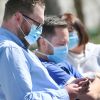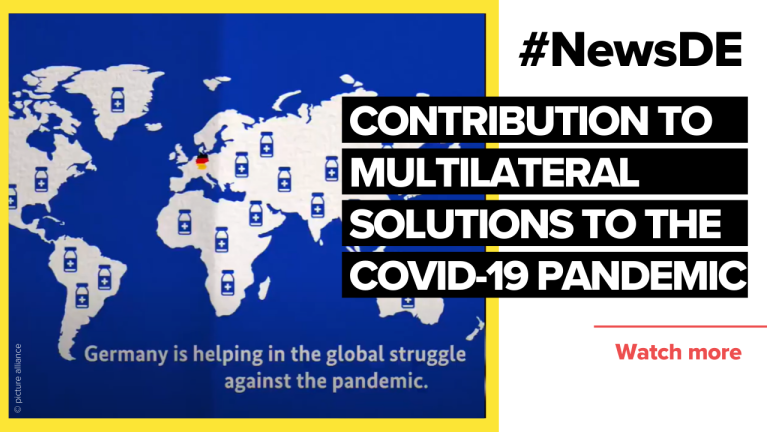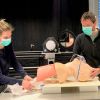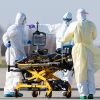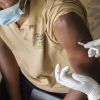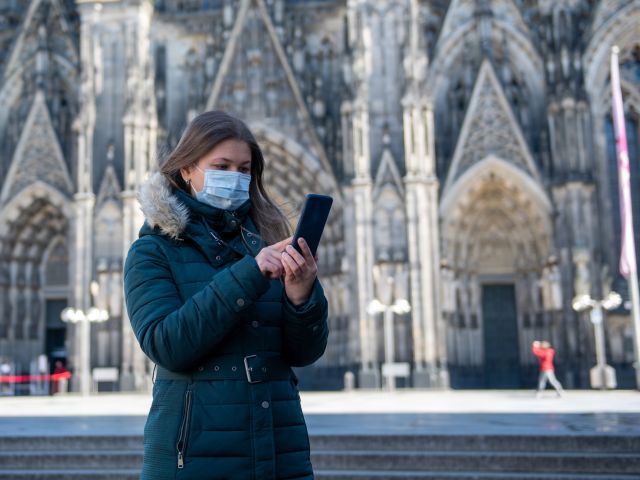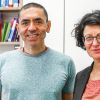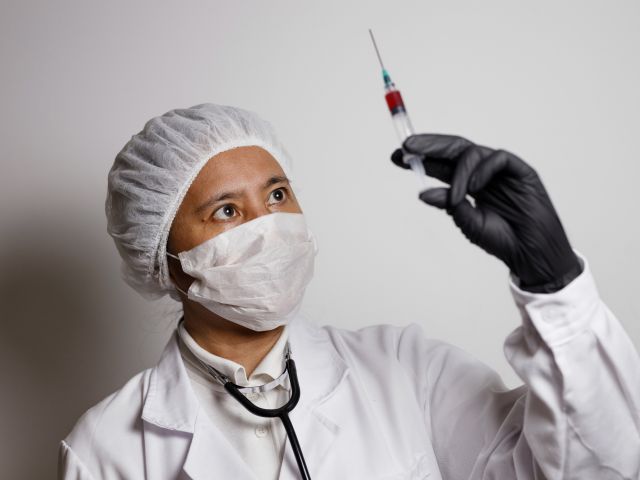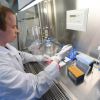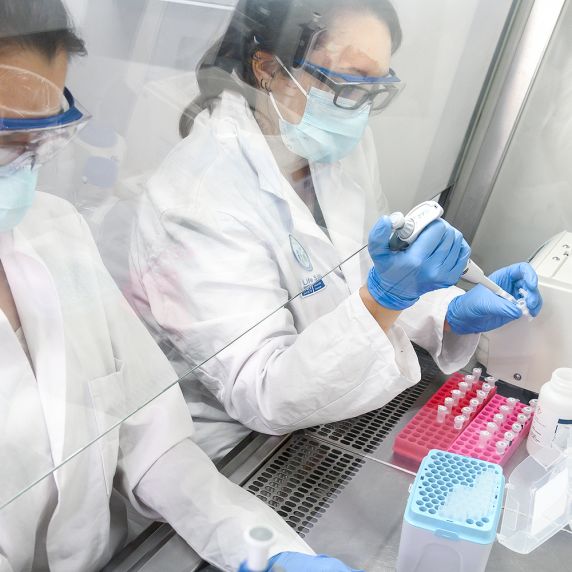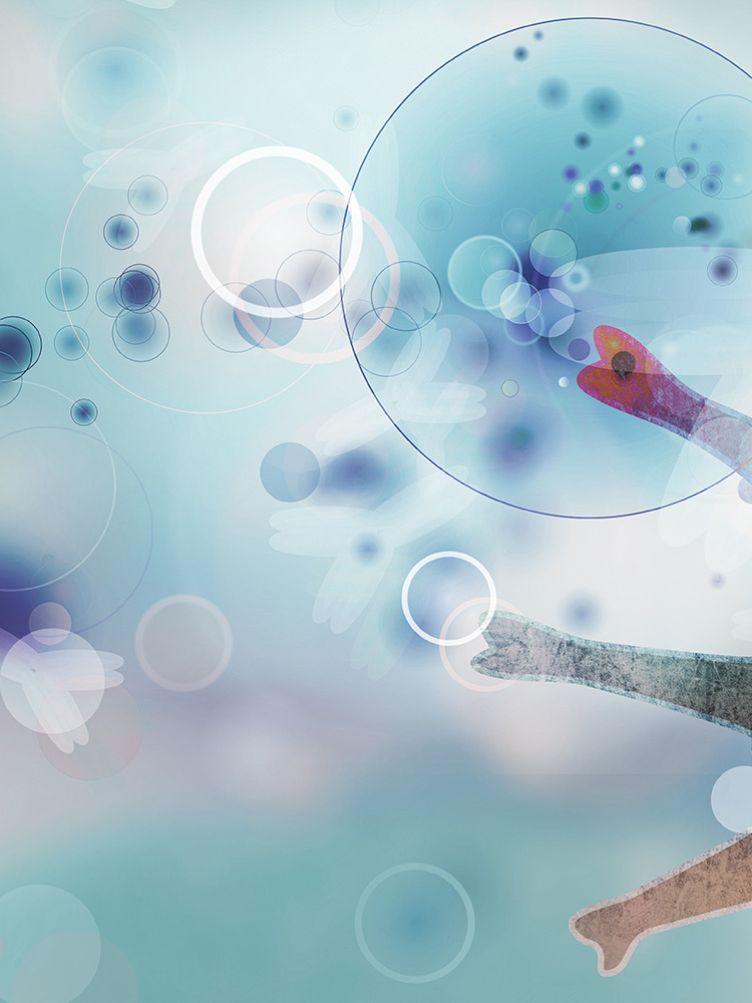
Coronavirus in Germany
Your coronavirus update
The corona pandemic and the numbers of people with COVID-19 are increasing in Germany, as elsewhere in Europe. We will keep you up-to-date on the spread of the virus and what the Federal Government and individual states are doing to slow it down. You can read the latest from Germany in our live news ticker and updates from the Federal Government.
Where can I get help if I develop symptoms?
If you suspect you or someone else has the coronavirus, you can call the following numbers and find out what steps to take next:
-
Federal Ministry of Health corona hotline: 030 346465100
- Emergency telephone number for the treatment of patients: 0800 0117722
- Emergency medical service: 116117
How Germany is responding
Germany has initiated a series of measures to slow down the spread of the virus and alleviate its effects on the economy. Find out more here:
Dieses YouTube-Video kann in einem neuen Tab abgespielt werden
YouTube öffnenThird party content
We use YouTube to embed content that may collect data about your activity. Please review the details and accept the service to see this content.
Open consent formDieses YouTube-Video kann in einem neuen Tab abgespielt werden
YouTube öffnenThird party content
We use YouTube to embed content that may collect data about your activity. Please review the details and accept the service to see this content.
Open consent formMeasures to contain the pandemic
The following measures are especially important for slowing down the spread of the virus:
-
Social distancing is crucial. This means: if you can, stay at home. Above all, events involving large numbers of people should be avoided. When it comes to interaction with older people, as little contact as possible is also best – however hard that may be. They are especially vulnerable.
- Schools closed: German state governments have closed all schools for a number of weeks, and most playgrounds have also been shut.
- Everyone should avoid using public transport as far as possible.
- Hygiene rules should naturally be followed: thoroughly wash your hands; sneeze into the bend of your elbow; keep your distance from people with coughs, colds and fever; do not touch your face with your hands.
Frequently asked questions about the coronavirus
How did the coronavirus start?
According to our current state of knowledge, the first patients presented symptoms of a respiratory infection caused by a new kind of coronavirus in Wuhan, a city in China with 11 million inhabitants. Its exact origin is unclear; many of the early cases involved people who worked at a market in Wuhan. However, the initial infection could have occurred at another location.
What is the coronavirus?
SARS-CoV-2 is the correct designation for what is often known simply as coronavirus. SARS is the acronym for severe acute respiratory syndrome. The virus causes coronavirus disease 2019 (COVID-19), a lung disease for which there is currently no vaccine. The infection is spread by human-to-human transmission.
How many cases of coronavirus infection are there?
Numbers are increasing dramatically. You will find the respective totals for Germany and the world on the website of the Robert Koch Institute.
Spread of the coronavirus
Research on the coronavirus (SARS-CoV-2)
Companies and research institutes in Germany are working at full steam to gain a better understanding of the virus and find a vaccine. Important actors in this field include the Robert Koch Institute and several German biotech enterprises, such as CureVac in Tübingen.
Discover Germany online
"Stay home!" is the motto during the Corona crisis. We put together lots of good ideas to discover Germany from home.
Studying and corona
Our world after corona
Imagine it is April 12, 2021 – what does our world look like? How have our society, economy and politics changed as a result of the corona crisis? In our new series "Our world after corona" we talk to renowned researchers about our future after the corona pandemic. None of them have a crystal ball, but they do have some very concrete ideas about how corona will change us all.

